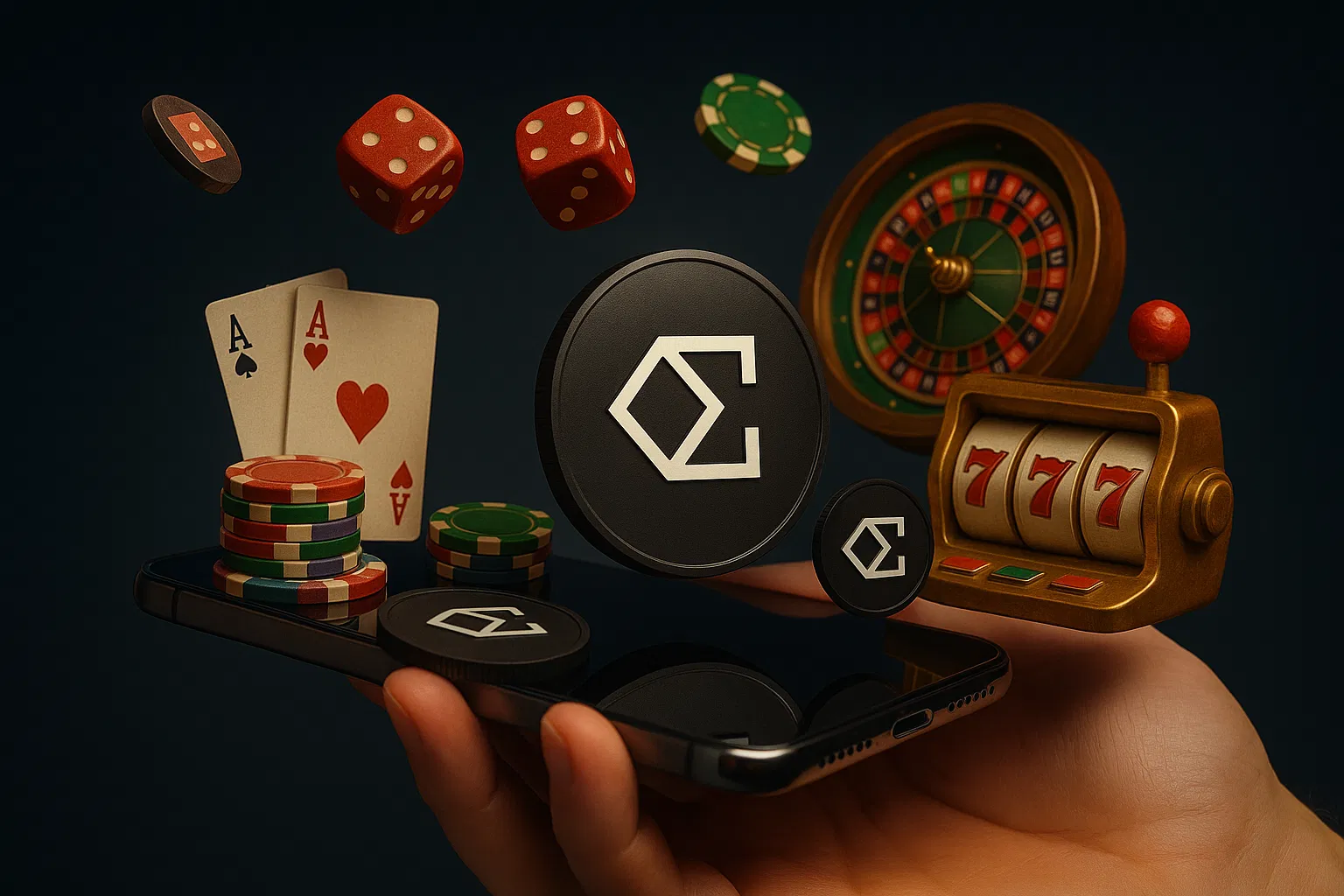🔹 The Web3 Gambling Shift to Multichain Simplicity
In 2025, crypto casino players are no longer juggling five wallets or browser extensions just to spin a slot or place a bet. The rise of multichain wallets is turning Web3 gambling into a unified experience, eliminating blockchain barriers across Solana, Ethereum, Arbitrum, Avalanche, and more.
Modern iGaming platforms now offer chain-agnostic onboarding, universal balances, and cross-chain token support — all from a single login.
| Wallet | Chains Supported | Key Features |
|---|---|---|
| Phantom | Solana, Ethereum, Polygon | Auto-chain switching, in-wallet token swaps |
| Rabby | EVM Chains | Security prompts, chain-aware transaction history |
| XDEFI | 20+ (including Cosmos & THORChain) | Gaming-ready, NFT-friendly, cross-chain swaps |
| UniPass | EVM-compatible | Email/social login, smart account abstraction |
🔹 What Is a Multichain Wallet?
Multichain wallets allow users to store, send, and interact with assets across multiple blockchain networks within a single interface — without switching chains manually or importing seed phrases into various dApps.
Multichain Wallet Flow in Crypto Casinos
💡 Benefits for Players
- One login, all games
- Lower fees by playing on L2 chains
- Bridge-free withdrawals
- Social login onboarding with non-custodial security
⚖️ Chart: Challenges vs Solutions
Challenges of Multichain iGaming (and How Platforms Solve Them)
| Challenge | Casino Solution |
|---|---|
| Games limited to one chain | Wrapped token models + L2-native game logic |
| Bridging confusion for users | Auto-bridging on deposits/withdrawals |
| Security vulnerabilities in wallet handling | Audited wallet connectors + plugin verifications |
| Liquidity fragmentation across chains | Unified backend pools + oracles for syncing |
🔮 What’s Next?
Multichain wallets are becoming the infrastructure layer for modern casinos — powering:
- Cross-chain jackpots pooled from multiple networks
- Token-agnostic reward claiming (choose SOL, REVS, USDT)
- Referral systems that track across all wallet addresses
- Vaults that offer staking and yield farming across ecosystems
In short, multichain means global, fluid, and accessible. The less a player has to think about which chain they're on, the more likely they are to stay, play — and win.





